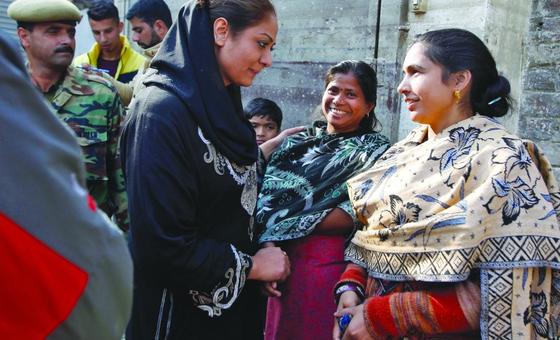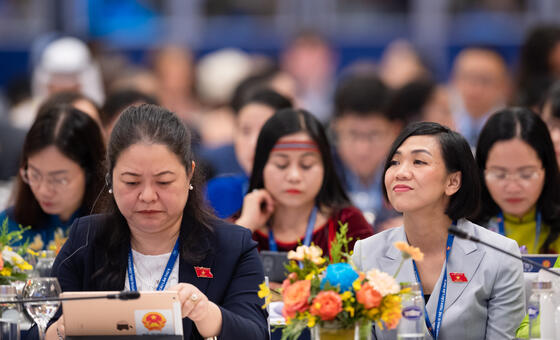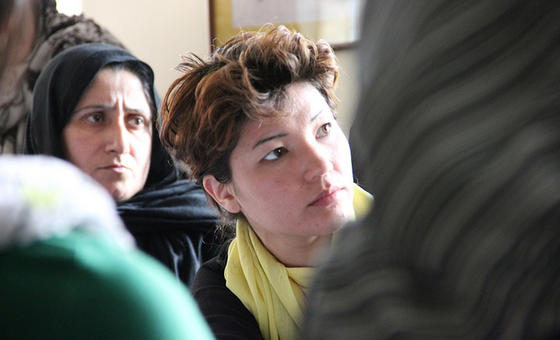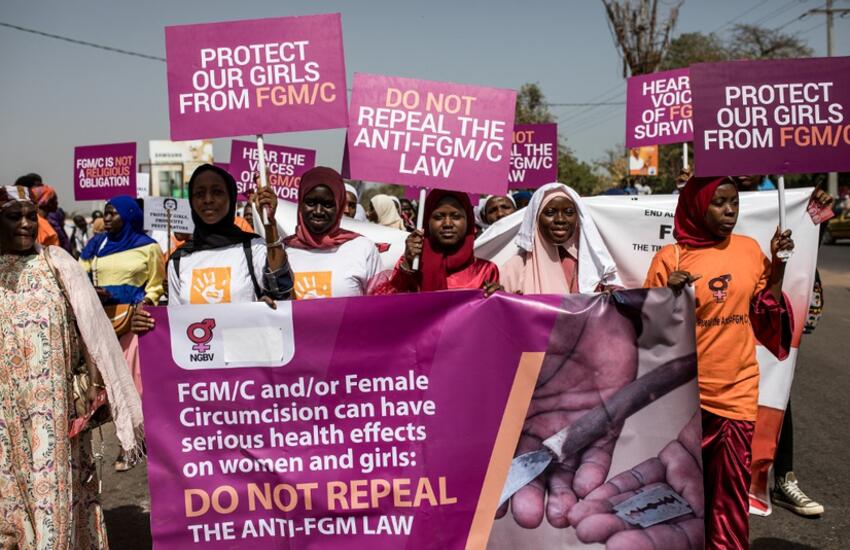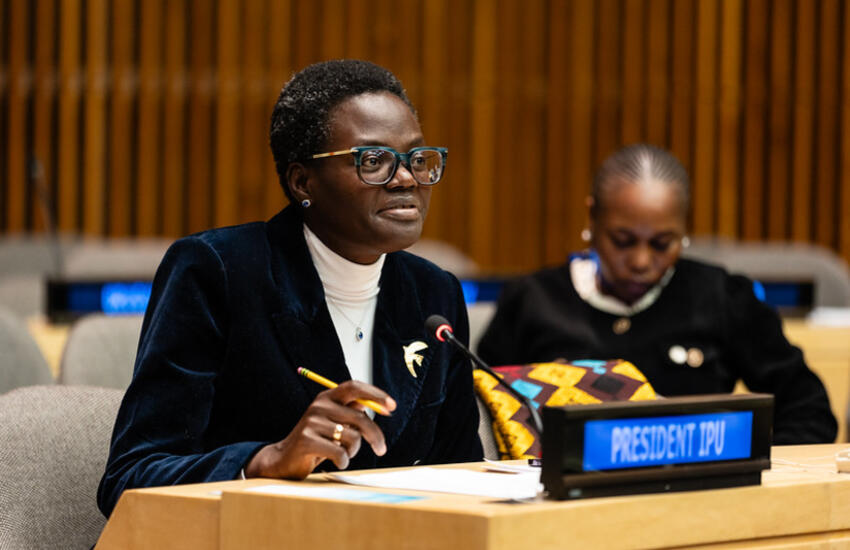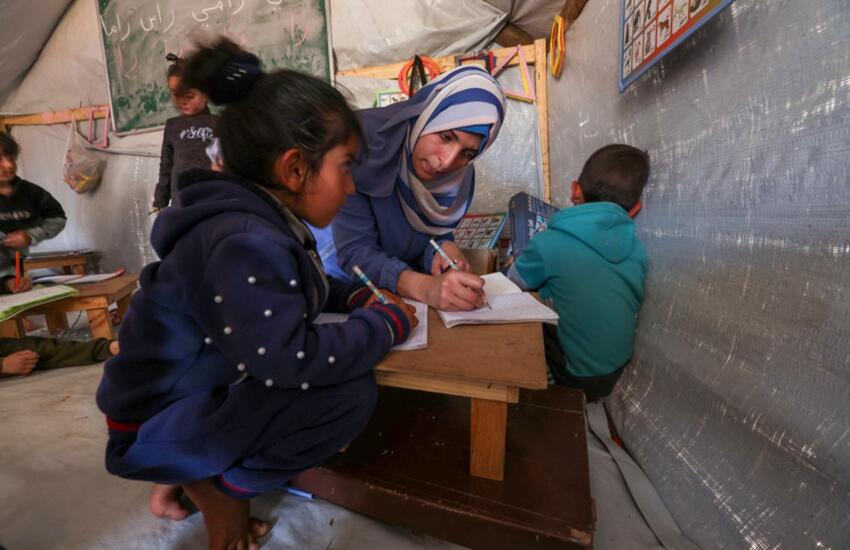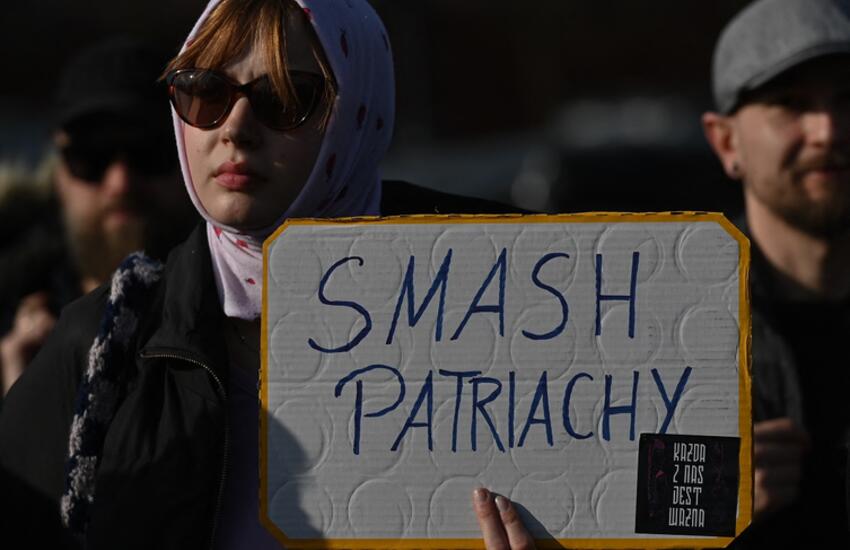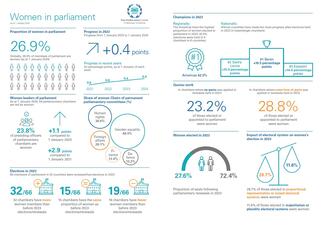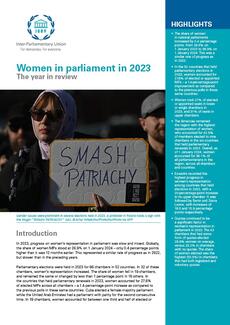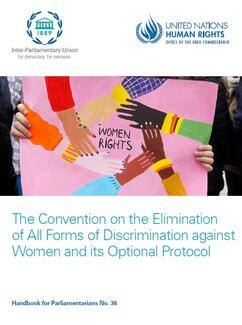- ImpactWe help parliaments to become greener and to implement the Paris agreement.We support democracy by strengthening parliamentsWe work to increase women’s representation in parliament and empower women MPs.We defend the human rights of parliamentarians and help them uphold the rights of all.We help parliaments fight terrorism, cyber warfare and the proliferation of weapons of mass destruction.We encourage youth participation in parliaments and empower young MPs.We support parliaments in implementing the SDGs with a particular focus on health and climate change.
- ParliamentsNearly every country in the world has some form of parliament. Parliamentary systems fall into two categories: bicameral and unicameral. Out of 190 national parliaments in the world, 78 are bicameral (156 chambers) and 112 are unicameral, making a total of 268 chambers of parliament with some 44,000 members of parliament. IPU membership is made up of 180 national parliaments
Find a national parliament
We help strengthen parliaments to make them more representative and effective. - EventsVirtual eventThe International Court of Justice (ICJ) was constituted under the United Nations Charter to help nations settle disputes peacefully in accordance with international law.
- Knowledge
Discover the IPU's resources
Our library of essential resources for parliamentsGlobal data for and about national parliamentsLatest data and reports about women in parliamentResolutions, declarations and outcomes adopted by IPU MembersRecent innovations in the way parliaments workThe latest climate change legislation from the London School of Economics' database
A Guinea-Bissau woman shows her inked finger after voting. © Reuters / Joe Penney
Gender equality
We work to increase women’s representation in parliament and empower women MPs.
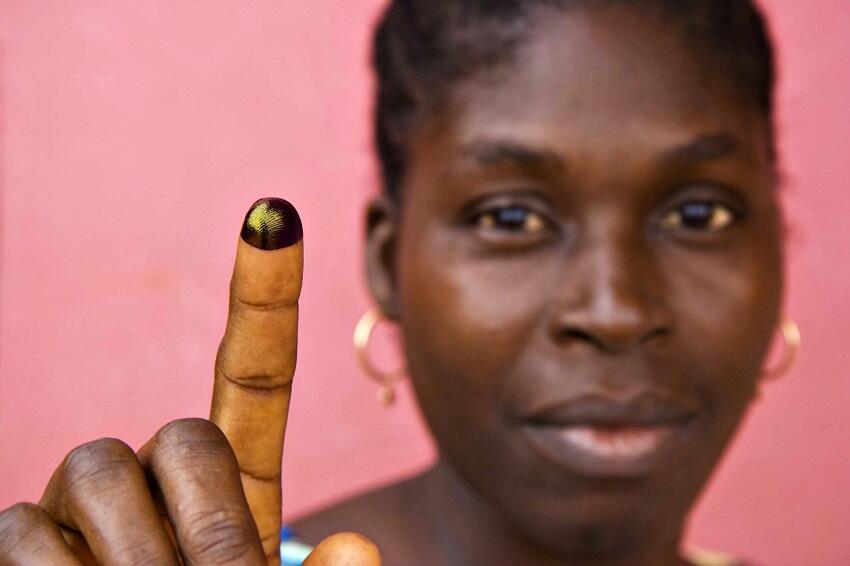
Many women around the world still lack basic human rights and face discrimination and gender-based violence. The world’s parliaments are no exception. Most parliaments remain male-dominated, and women MPs are often under-represented on decision-making bodies.
The IPU has been tracking and empowering women parliamentarians for decades, convinced of the link between strong democracies and gender equality.
Our work focuses on three main objectives: increasing the number of women in parliament through well-designed quotas and parliamentary caucuses; supporting women in parliament; and transforming parliaments into gender-sensitive institutions that deliver on women’s rights.
To achieve these objectives, the IPU has a wealth of data and tools:
We are the authority on the percentage of women in national parliaments through our monthly ranking of women in parliament, including comparative analyses between countries and annual studies that look at historical trends over decades.
Every year in March we publish an analysis of women in parliament looking at progress and setbacks following the previous year's parliamentary elections.
We have published landmark reports on sexism and gender-based violence in parliament, looking at both female MPs and female parliamentary staff. (See the 2016 report on global data, the 2018 report on European parliaments and the 2021 report on African parliaments). We have also published Guidelines for the elimination of sexism, harassment and violence against women in parliament.
Our self-assessment toolkit for gender-sensitive parliaments is an essential reference that has been used by dozens of parliaments around the world.
We also have databases on women’s parliamentary caucuses and specialized parliamentary committees on gender equality.
The IPU partners with International IDEA and Stockholm University in running a global database on gender electoral quotas, which provides country-specific data on existing mechanisms to ensure women’s participation in parliaments.
Practising what we preach, we have adopted groundbreaking practices ourselves to ensure gender equality in our assemblies, committees and staff.
Gender-equal parliaments
26.9
Global percentage of women MPs
Parliamentary bodies on gender equality
Explore gender equality
While more women than ever are being elected to parliaments around the world, equality is still a long way off, and current progress is far too slow.
Gender-sensitive parliaments are institutions that are founded on gender equality, where women and men have an equal right to participate without discrimination or recrimination.
Women account for half the world’s population, yet many face discrimination in work, health care and education, or suffer physical and sexual violence.
Latest news and stories on gender equality
Statements
03/04/2024
Helen Clark, PMNCH Board Chair; Joy Phumaphi and Githinji Gitahi, Co-Chairs, PMNCH Advocacy and Partner Engagement Committee; Flavia Bustreo, Chair, PMNCH Governance and Ethics Committee; Martin Chungong, Secretary General, Inter-Parliamentary Union. As the world’s leading alliance committed to the health
Statements
08/03/2024
As we celebrate International Women's Day this year, we must not only address the current and future challenges societies face globally, but also recognize the perspectives, talents and contributions of half of our population to the causes of human rights
News in brief
06/03/2024
Earlier this year, the IPU announced that around 70 elections were slated to take place in 2024, in what has been dubbed a super election year. In total, thousands of parliamentary seats are up for grabs. As of March 2024
Voices
05/03/2024
According to the IPU’s latest Women in Parliament 2023 report, progress on women’s representation in parliament was slow and mixed. Based on elections and appointments that took place in 2023, the global proportion of MPs who are women has inched
Press releases
05/03/2024
According to the IPU’s latest Women in Parliament 2023 report, the global proportion of MPs who are women has inched up to 26.9%, based on elections and appointments that took place in 2023. This represents an increase of 0.4 percentage
Gender equality
Latest publications on gender equality
Summary of facts and figures on the participation of women in parliament in 2023. Access the publication Read the press release
In 2023, progress on women’s representation in parliament was slow and mixed. Globally, the share of women MPs stood at 26.9% on 1 January 2024 – only 0.4 percentage points higher than it was 12 months earlier. This represented a
In 2003, the IPU and the United Nations published The Convention on the Elimination of All Forms of Discrimination against Women and its Optional Protocol: Handbook for Parliamentarians. That first handbook aimed to foster a better understanding among parliamentarians of
Gender equality
Related events
Gender equality





